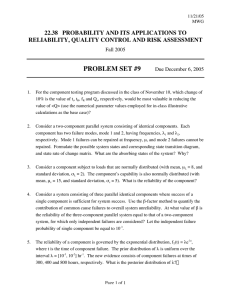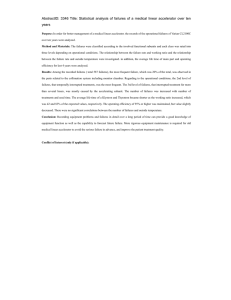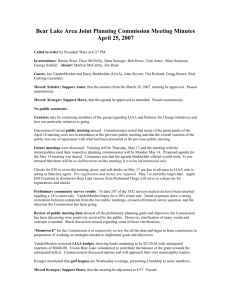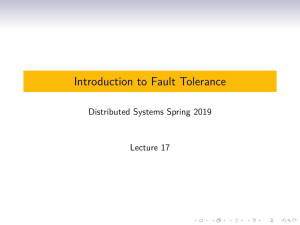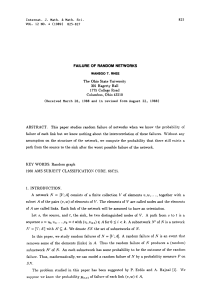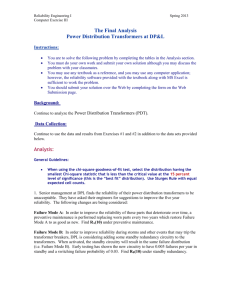Session 2.3
advertisement
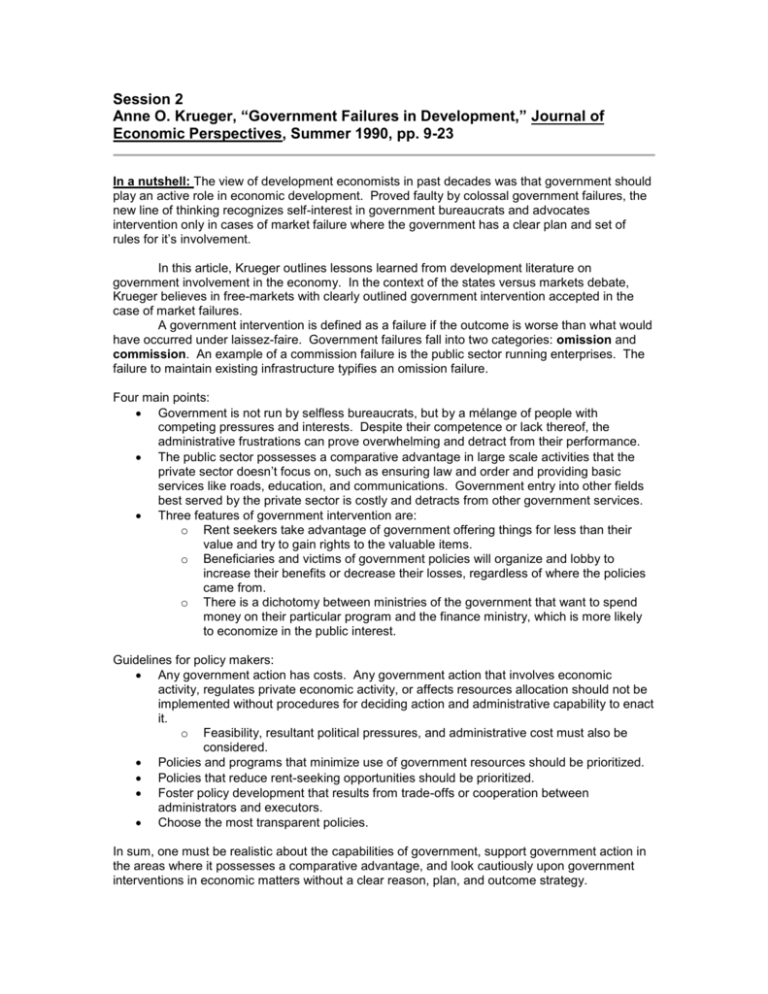
Session 2 Anne O. Krueger, “Government Failures in Development,” Journal of Economic Perspectives, Summer 1990, pp. 9-23 In a nutshell: The view of development economists in past decades was that government should play an active role in economic development. Proved faulty by colossal government failures, the new line of thinking recognizes self-interest in government bureaucrats and advocates intervention only in cases of market failure where the government has a clear plan and set of rules for it’s involvement. In this article, Krueger outlines lessons learned from development literature on government involvement in the economy. In the context of the states versus markets debate, Krueger believes in free-markets with clearly outlined government intervention accepted in the case of market failures. A government intervention is defined as a failure if the outcome is worse than what would have occurred under laissez-faire. Government failures fall into two categories: omission and commission. An example of a commission failure is the public sector running enterprises. The failure to maintain existing infrastructure typifies an omission failure. Four main points: Government is not run by selfless bureaucrats, but by a mélange of people with competing pressures and interests. Despite their competence or lack thereof, the administrative frustrations can prove overwhelming and detract from their performance. The public sector possesses a comparative advantage in large scale activities that the private sector doesn’t focus on, such as ensuring law and order and providing basic services like roads, education, and communications. Government entry into other fields best served by the private sector is costly and detracts from other government services. Three features of government intervention are: o Rent seekers take advantage of government offering things for less than their value and try to gain rights to the valuable items. o Beneficiaries and victims of government policies will organize and lobby to increase their benefits or decrease their losses, regardless of where the policies came from. o There is a dichotomy between ministries of the government that want to spend money on their particular program and the finance ministry, which is more likely to economize in the public interest. Guidelines for policy makers: Any government action has costs. Any government action that involves economic activity, regulates private economic activity, or affects resources allocation should not be implemented without procedures for deciding action and administrative capability to enact it. o Feasibility, resultant political pressures, and administrative cost must also be considered. Policies and programs that minimize use of government resources should be prioritized. Policies that reduce rent-seeking opportunities should be prioritized. Foster policy development that results from trade-offs or cooperation between administrators and executors. Choose the most transparent policies. In sum, one must be realistic about the capabilities of government, support government action in the areas where it possesses a comparative advantage, and look cautiously upon government interventions in economic matters without a clear reason, plan, and outcome strategy.

